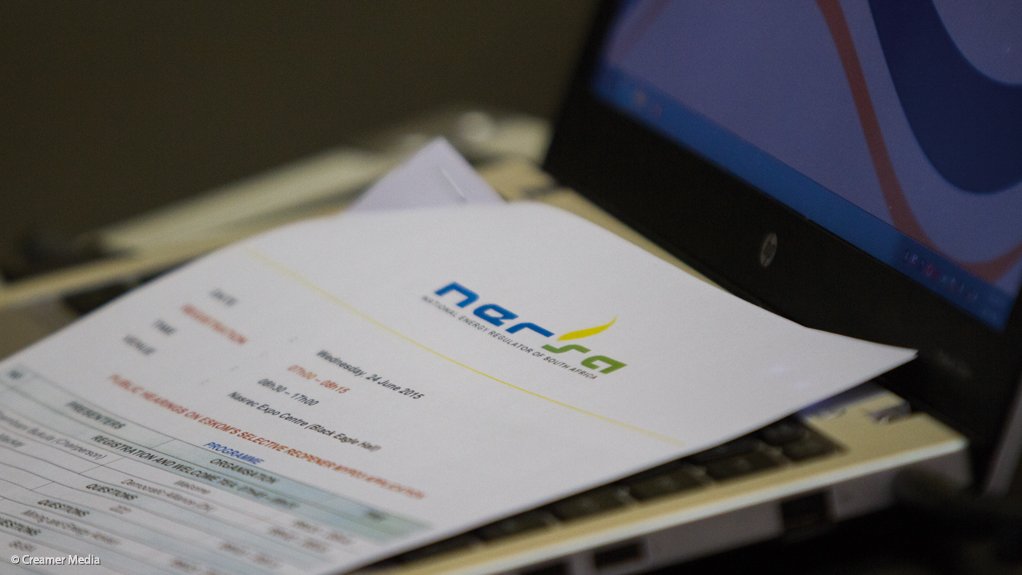The Organisation Undoing Tax Abuse (Outa) has urged the National Energy Regulator of South Africa (Nersa) to reject Eskom’s latest revenue application, which Outa says “displays a cavalier disregard” for the negative economic and socials impacts of yet more above-inflation hikes.
In its formal written submission to Nersa, the non-profit organisation warns that the price of electricity “is spiralling out of control”, and argues that a new dedicated effort is required to tackle energy poverty, access and affordability as has been done with loadshedding.
Outa calculates that the effective increase over the three-year tariff horizon of the sixth multiyear price determination (MYPD6) would be 66% should Nersa accede to Eskom’s request for hikes of 36.15%, 11.91% and 9.1% in 2025/6, 2026/7 and 2027/8 respectively.
“Outa’s position is that the Eskom MYPD6 application displays a cavalier disregard for and an inadequate appreciation of the negative impacts of the proposed 66% increase on society, the economy and customers of electricity, coming as it does after 15 years of significantly above-inflation electricity price increases.”
While recognising the requirement for the regulator to allow Eskom to recover its prudently and efficiently incurred operating costs and to earn a fair return on assets, Outa nevertheless urges Nersa to reject the application and signal to Eskom that it should instead be prioritising cost-cutting and performance improvements.
“Eskom’s primary focus in its MYPD6 revenue application, remains to ensure cost reflectivity by increasing its revenues and electricity tariffs still further, while paying little attention to the many other alternatives and options of reducing its cost structure and improving its performance and efficiency.”
Outa also calls for the commissioning of a new and independent socioeconomic impact study, noting that the analysis used by Eskom is outdated, given that it is based on a 2021 study paid for by Eskom as part of the MYPD5 application.
That study concluded that Eskom’s price path, which was based on reaching cost reflectivity over the medium term, was less economically damaging than would be the case where electricity was subsidised.
Eskom has already indicated that its MYPD6 is premised on a smoothed path towards cost-reflectivity, arguing that an immediate shift to such a position would require a hike of above 70% in 2025.
Nevertheless, Eskom’s position is unlikely to find much favour during the hearings, which are scheduled to take place between November 18 and December 4 and ahead of a determination by the Energy Regulator on December 20.
Even Eskom’s new shareholder Minister, Dr Kgosientsho Ramokgopa, has described the prospect of a 36% hike on April 1 as untenable and unaffordable, while the Government of National Unity has set tackling the high cost of living as one of its apex goals.
For its part, Outa is calling on Nersa to use its determination to shift the balance away from Eskom’s narrow needs in favour of the “needs of society, the economy and the customer”.
EMAIL THIS ARTICLE SAVE THIS ARTICLE ARTICLE ENQUIRY
To subscribe email subscriptions@creamermedia.co.za or click here
To advertise email advertising@creamermedia.co.za or click here











